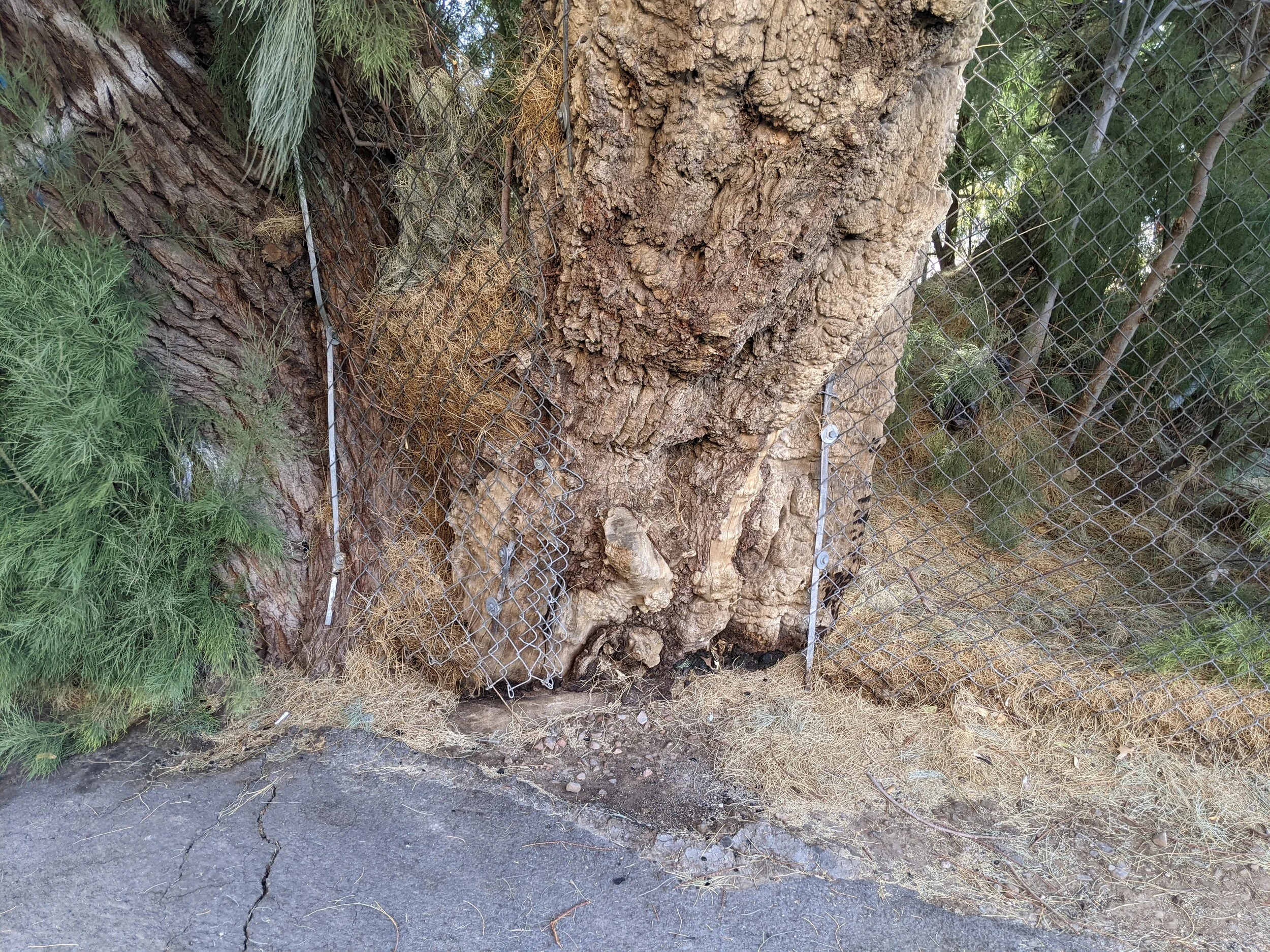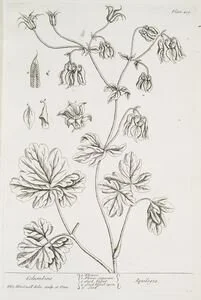By Ashley “Ms. AyeVee” Vargas
Poetry has always been my safe haven. Handwritten poetry journals filled cover to cover lined many of my bookshelves, but behind my cursive lines I secretly dreamed of seeing my words printed in bold ink on smooth pages.
By Erin Geiger Smith
The 2020 election was, to put it mildly, one for the history books. But with it, its months-long controversies, and a harrowing January attack on the U.S. Capitol behind us, we can take a nice, long break from thinking about voting, right? I regret to inform you that is not the case. The laws that lead to voter suppression, or, in the best case, smoother elections and improved access to the polls, are passed between elections. For new voting laws, 2021 has also turned out to be one for the history books.
By Kurt Rasmussen
At the fiction writer’s group they keep telling me
not to write adverbly because it is very bad.
They heard it somewhere and it’s a rule now.
This news brings something in the mountains of my brain
to howl out wolfly lone across a precipice, knowing
that I am closetly an adverb myself. I want to stick up
By Angela M. Brommel
Brevity is a kind of intimacy. The short poem exists in the spark of a passing moment. It works because it has good emotional shorthand. The writer gives you a glimpse into another world, and you are invested in its story and images because you feel something even if you don’t have or understand all of the details.
By Scott Dickensheets
Pity the historical novelist of the 2070s, ready to embark on a tale set in our times. The very plenitude of meaning-rich incident that tingles her storytelling antennae — a pandemic and a contested election and nationwide protests and an attempted insurrection and climate change events and Ted Cruz’s quarantine beard — will also pose a daunting challenge, as noted by many frazzled 2020 posts on the socials: If this was fiction, it would NOT be believable. There’s too much good stuff demanding inclusion, and we haven’t even gotten to the Cat Lawyer.
By Michael Green
“Lo, the winter is past, the rain is over and gone, the flowers appear on the earth, the time of the singing of birds is come, and the voice of the turtle is heard in our land.” If those words look familiar, they are from Song of Solomon. They also are how Ernie Harwell began the first Detroit Tigers spring training broadcast for four decades. They meant spring had arrived, and so had baseball.
By Mark Salinas
Representation in the arts has shifted dramatically over the years from a traditional means of marketing–through established gallery or talent agency representation–to more expedited manners, which connects the artist and audience directly. For most artists, methods of remote self-representation—thanks to the internet—were commonplace before the pandemic. Lesser equipped with such physical flexibility are the traditional arts and culture brick-and-mortars whose artists, audience, and income rely heavily upon in-person experiences.
By Staff of Nevada Humanities
Today Nevada Humanities, in collaboration with Core Humanities in the College of Liberal Arts at the University of Nevada, Reno, The Humanities Center at Great Basin College, and with the Department of Interdisciplinary, Gender, and Ethnic Studies at UNLV, welcomes author and historian Isabel Wilkerson to a keynote talk about race, Black migration throughout the western United States, and her new book Caste: The Origins of our Discontents, a comprehensive analysis of the United States as a hierarchical society.
By Miranda Alam
I learned pretty early on, thanks to a community theater production of Willy Wonka and the Chocolate Factory, that I was not meant to have any sort of performing role on a stage...ever. And still, despite that mortifying experience, I never lost my fascination with the stage.
By Win Frederick
There is a YouTube video of the late great folk and blues guitarist Elizabeth Cotten that I’ve found constant joy in revisiting lately. In it, the left-handed guitarist plays a version of the gospel hymn The Sweet By and By, in her signature two-finger picking style now known as “Cotten picking.”
By Staff of Nevada Humanities
Can you remember the last time you picked up a rock to study it, smelled a flower, listened to the birds in the trees, or lay on your back to watch the clouds go by? When was the last time you stepped outside and stopped to appreciate your surroundings? In these socially distant times, nurturing our relationships with one another has become of paramount importance, but it is worth considering how we can also find solace, comfort, and inspiration in our relationship with the natural world.
By Sean C. Jones
Several years ago, I tasked myself with doing what I’ve required my public-school art class kids to do for over 20 years – a “Daily Drawing.” I bet myself I could do 365 drawings daily, even on weekends, and post them on social media. It was fun, occasionally stressful, but I just drew whatever I wanted to.
By Mary Bennett
As a lifelong thespian, I have a tendency to approach my life/work/creative opportunities as roles that should be costumed and researched, whether they are related to theatre or not. Because I am a freelance thespian, I am also a renaissance minded person, creating and unearthing varieties of occupations to support my thespianism. Through my quest for filling in work voids, I have adapted the styles of the time to dress for my miscellany of occupational roles.
By MJ Ubando
People always look skeptical when I tell them I’ve crowd-surfed. I don’t necessarily blame them. These days, and for most of my life, I’ve always been a bit of a grandma. At 32 years old, I love acrylic sweaters, a cup of warm tea, and will spout out Golden Girls quotes at any given opportunity.
By Bobbie Ann Howell
What now seems like a thousand years ago I flew up to Reno from Las Vegas to meet two friends, artists Candace Garlock, Fine Arts Professor, Truckee Meadows Community College, Reno, and Cindy Whitaker, Cinderella Studio Photography, Winnemucca. We were meeting to talk about an idea we had for a cultural exchange project to connect people from urban communities to people in rural communities.
2020 presented Nevada Humanities with the opportunity to transform and shift our programming online. In case you missed some of our virtual events in the blur of 2020, we invite you to look back in a retrospect of our 2020 virtual events on our YouTube channel.
Read MoreBy Wendy Kveck
The impetus for curating New Monuments for a Future Las Vegas for the Nevada Humanities Exhibition Series, which is currently on view at the Nevada Humanities Program Gallery and online at nevadahumanities.org, was my experience teaching the inaugural Las Vegas Seminar, Finding America in Las Vegas, last spring in the Department of Art at the University of Nevada Las Vegas. A lofty premise! but I stand behind it.
By Staff of Nevada Humanities
At Nevada Humanities, we create and fund programs that use the humanities to illuminate our diverse histories and chart a path forward in a dramatically changing world. We know the critical role that the humanities play in nurturing just and healthy communities, in connecting people, providing space for diverse perspectives, and strengthening our community bonds with deeper intellectual and cultural engagement.
By Michael Green
The obituary stood out to me: Frederick Hesse Stitt, Jr. It noted that he was 62, well liked, and overcame addiction. I knew all that. I met him at the gym, and he gave me a greater gift than he realized. That I would recognize a name in the obituary column probably is unsurprising. I write and teach about Las Vegas history, and I’m likely to know some names that others would miss.
By Kathleen Kuo
I have been working remotely from my home in Las Vegas since April 1, my first day of employment at Nevada Humanities. It feels strange to be homebound, leaving only for essential errands, and I feel this lack of human connection even more so because of Nevada Humanities’ emphasis on producing and forging meaningful human connections and programs.




















